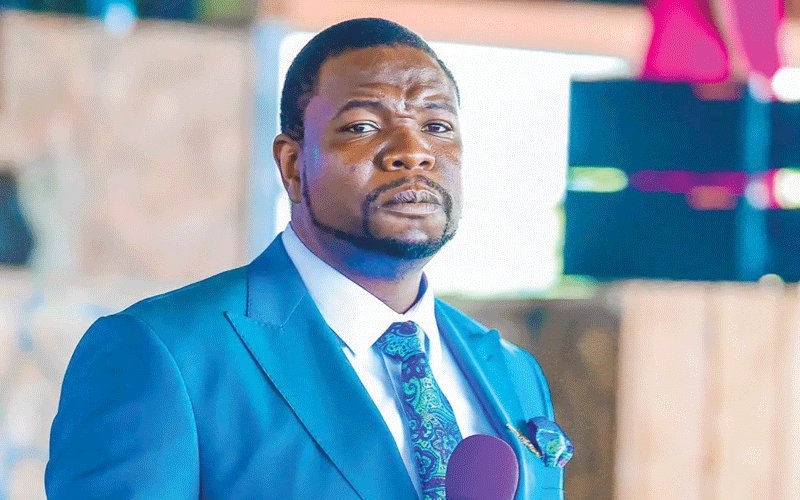JOHANNESBURG, South Africa – A lawyer for Zimbabwean businessman Frank Buyanga has issued a statement denouncing media reports citing Police Commissioner General Godwin Matanga, who said in a court filing that the property tycoon was a “fugitive from justice”.
William Wilcock, in a statement, said Matanga’s comments made in an affidavit submitted to the High Court where Buyanga sought the suspension of an April 16 order by a High Court judge to surrender his five-year-old son into his mother’s custody, was “nothing less than defamation”.
Wilcock said Zimbabwean authorities were turning a civil dispute between Buyanga and his ex-girlfriend Chantelle Muteswa into a criminal matter, and insists that they are appealing Justice Jacob Manzunzu’s “strange and misguided” ruling at the Supreme Court.
Here is the May 1, 2020, statement in full:
“On 1 May 2020, the Zimbabwe Herald newspaper printed an article headlined: “Buyanga a fugitive from justice: Police chief”. We find the headline and the content of the article to be almost entirely false and amounting to nothing less than defamation against Mr Frank Sadiqi.
On 30 April 2020 an appeal application was heard in the Zimbabwe High Court in which our client sought the suspension of a strange and misguided court order granted against him on 16 April 2020 by Justice Manzunzu. The Honourable Justice Mafusire dismissed the appeal, however stated that he had misgivings about Justice Manzunzu’s order to arrest Mr Sadiqi.
Justice Mafusire stated: “After considering the matter, the judgment by Manzunzu J, and after considering the notice of opposition, first personally I have misgivings and with all due respect, I say this with all due respect, I have misgivings about Paragraph 4 of the order of Manzunzu J,”. Paragraph 4 of the 16 April 2020 court order states: “Failure of which, this order shall serve as a warrant of arrest for the First Respondent throughout Zimbabwe for him to be brought before the court to show cause why he should not be found to be in contempt of court of this order.”
We find it incredulous and defamatory that Comm-Gen Matanga would call Mr Sadiqi a fugitive from justice when he has not been found guilty of any criminal action. Further, Comm-Gen Matanga stated “My police officers are investigating this criminal case and efforts to locate either the applicant or the minor child within Zimbabwe have yielded no results”. The matter currently before the courts is a civil matter regarding the custody of a five-year-old child. It is not a criminal matter and Mr Sadiqi has not been found guilty of any criminal action. We therefore find the statement by Comm-Gen Matanga to be entirely incorrect and defamatory.
Despite the custody battle not being a criminal matter, Comm-Gen Matanga states that they have approached Interpol in locating Mr Sadiqi. We submit that this further points to the unjust treatment of our client by the various government departments, police officials and court officials in Zimbabwe as a result of the political influence being held over these departments. It is beneficial to those in power that Mr Sadiqi is not treated fairly by court officials as he is considered a threat and as such political abuse is being used against him. We are confident that any approach by Zimbabwe to Interpol will not be entertained as it is baseless, unconstitutional and rife with political persecution against Mr Sadiqi.
The appeal against Justice Manzunzu’s court order dated 16 April 2020 continues, as does the world-wide Covid-19 pandemic which has locked down most of the world’s international borders, making the 16 April 2020 court order impossible to comply with in any case. The current directive that only urgent and bail matters can be filed in the Zimbabwe Supreme Court has taken away Mr Sadiqi’s constitutional right to protection from the law.
Mr Sadiqi has continuously been a victim of corruption and unjust treatment by various government departments, police officials and court officials in Zimbabwe, but we are confident that Mr Sadiqi will be given a fair hearing in court in which the court order dated 16 April 2020 will be successfully appealed.”
















